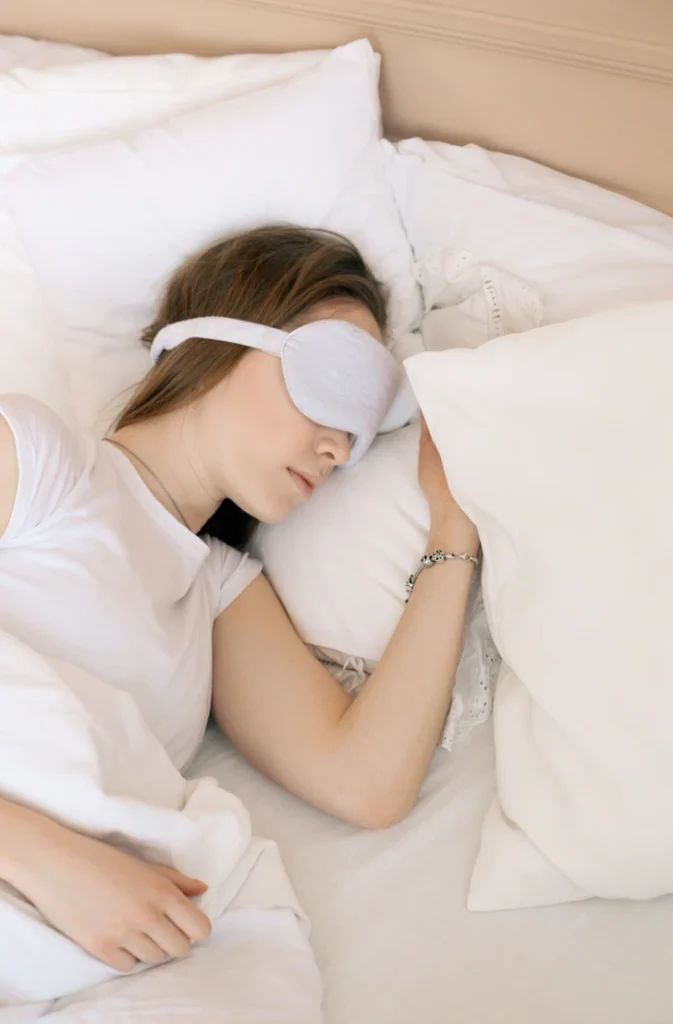Gone are the days when sharing a bed was seen as the ultimate symbol of intimacy and a healthy relationship. Recent findings reveal a surprising trend among Americans: only two-thirds prefer sharing a bed with their partner.
This departure from tradition challenges the notion that a shared bed is essential for relationship bliss. Instead, an increasing number of couples are discovering the myriad benefits of sleeping separately, not only for their physical health but also for the vitality of their relationships.
Reframing Relationship Dynamics

Contrary to popular belief, sleeping separately doesn’t signify trouble in paradise; rather, it often signifies a proactive approach to addressing sleep-related issues. Research indicates that a staggering one in three Americans feel their partner negatively impacts their sleep quality.
The significance of quality sleep cannot be overstated. Sleep deprivation has been linked to a myriad of health concerns, ranging from diabetes and obesity to heart disease and depression.
Moreover, it can sour moods, diminish productivity, and strain relationships. Recognizing each partner’s unique sleep needs is crucial for fostering both individual well-being and relationship harmony.
Enhancing Sleep Quality

Your sleep environment plays a pivotal role in determining the quality of your rest. Factors like sleep disturbances, snoring, or misaligned sleep schedules can wreak havoc on your ability to achieve a restful night.
Opting for separate sleeping arrangements can often alleviate these issues, paving the way for improved sleep quality and, consequently, a healthier relationship.
Fortifying the Immune System

Undisturbed sleep is not just a luxury; it’s a cornerstone of good health. When partners snore or maintain different sleep patterns, separate beds or rooms can mitigate disruptions during the night, allowing for uninterrupted rest and bolstering the immune system’s ability to ward off illness.
By prioritizing sleep hygiene, couples can make proactive strides toward optimizing their overall well-being.
Nurturing Relationships

Far from detracting from intimacy, sleeping separately can actually foster a deeper sense of connection. Couples who opt for separate sleep spaces often find that the reunification in the morning brings a renewed appreciation for each other, akin to a “sleep vacation” that revitalizes the relationship.
Moreover, such arrangements can positively influence parenting dynamics, as well-rested parents are better equipped to navigate the challenges of child-rearing.
Elevating Overall Well-being

Quality sleep isn’t just about feeling refreshed in the morning; it’s about laying the foundation for a healthy, fulfilling life. Adequate sleep supports cognitive function, physical performance, and emotional well-being. By prioritizing individual sleep needs, couples can proactively safeguard their health and vitality.
In conclusion, the decision to sleep separately may initially seem unconventional, but it’s proving to be a game-changer for many couples. By embracing separate sleep spaces, individuals can cultivate healthier sleep habits, fortify their relationships, and prioritize their overall well-being.
So, the next time you find yourself tossing and turning in bed, consider the transformative power of a good night’s sleep—whether together or apart.


